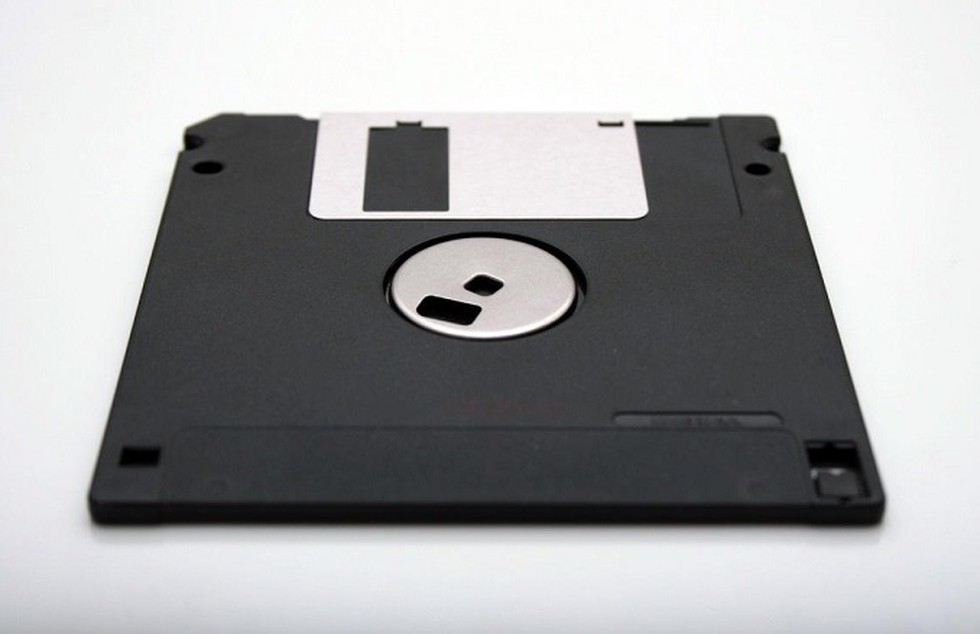In the realm of technological evolution, Japan is making significant strides by transitioning away from the obsolete floppy disk technology. This shift not only marks a crucial turning point in their digital landscape but also has profound implications for government technology modernization. The decision to move away from floppy disks in Japan reflects a strategic effort towards embracing more efficient and secure data storage solutions, paving the way for enhanced digital advancement and information security measures.

Menteri Digital Jepang, Taro Kono
In 2022, Taro Kono embarked on a groundbreaking initiative to steer Japan’s transition away from floppy disk technology, marking a significant milestone in government modernization efforts. His proactive stance against the use of obsolete floppy disks showcases a forward-thinking approach to technology adoption, setting a precedent for digital transformation in governmental systems.
At the forefront of the campaign to eliminate floppy disk usage, Taro Kono played a pivotal role in driving Japan towards embracing more contemporary and efficient technological solutions. By championing the abandonment of outdated storage methods, Kono demonstrated a commitment to enhancing operational efficiency and security within government agencies, facilitating a seamless transition towards more advanced digital processes.
With a massive following of 2.5 million supporters on the platform X (formerly Twitter), Taro Kono leveraged his influence to raise awareness about the importance of abandoning floppy disks in favor of more progressive technologies. This widespread support underscores the public’s recognition of the urgent need for Japan’s government to modernize its technological infrastructure, a crucial step towards staying relevant and competitive in the digital age.

Sistem Pemerintah Lain yang Masih Menggunakan Disket
In the realm of governmental technology, the transition away from floppy disk in Japan marks a crucial step towards modernization. While the US military recently ceased the use of 8-inch floppy disks for their Strategic Automated Command and Control System (SACCS) in 2019, other government entities worldwide, including Japan, are still reliant on this outdated storage technology.
Japan’s continued utilization of floppy disks in certain government operations showcases both the challenges and opportunities in upgrading technological infrastructure. Despite the global trend towards digitalization and advanced storage solutions, the persistence of floppy disks in Japanese government systems illustrates the complexity of transitioning legacy technologies within bureaucratic frameworks.
As Japan navigates the transition away from floppy disk, the spotlight is cast on the significance of governmental modernization efforts. The adoption of more contemporary technologies not only enhances operational efficiency but also strengthens cybersecurity measures, a paramount concern in the digital age. By observing Japan’s journey in modernizing its governmental technology landscape, valuable insights can be gained for similar initiatives worldwide.

Dampak Penghentian Penggunaan Disket di Jepang
- Reflects Japan’s commitment to enhancing digital technology in governance.
- A step towards a more efficient and responsive administrative system.
- Demonstrates Japan’s dedication to adapting to technological advancements and not lagging behind in the global digital revolution.
Japan’s transition away from floppy disk technology signifies a strategic move towards digitization in government operations. This shift not only showcases the country’s proactive stance in embracing digital advancements but also highlights its readiness to improve administrative processes for greater efficacy and responsiveness. By discarding outdated technologies like floppy disks, Japan positions itself as a frontrunner in adopting modern digital solutions to meet the demands of the evolving technological landscape.
